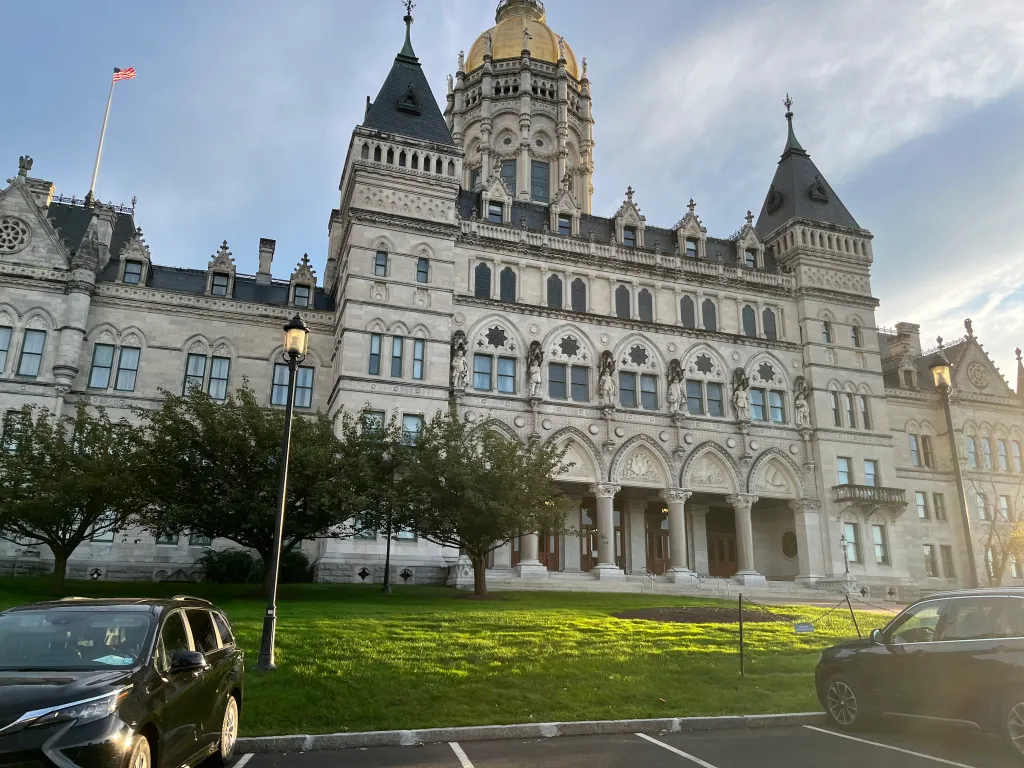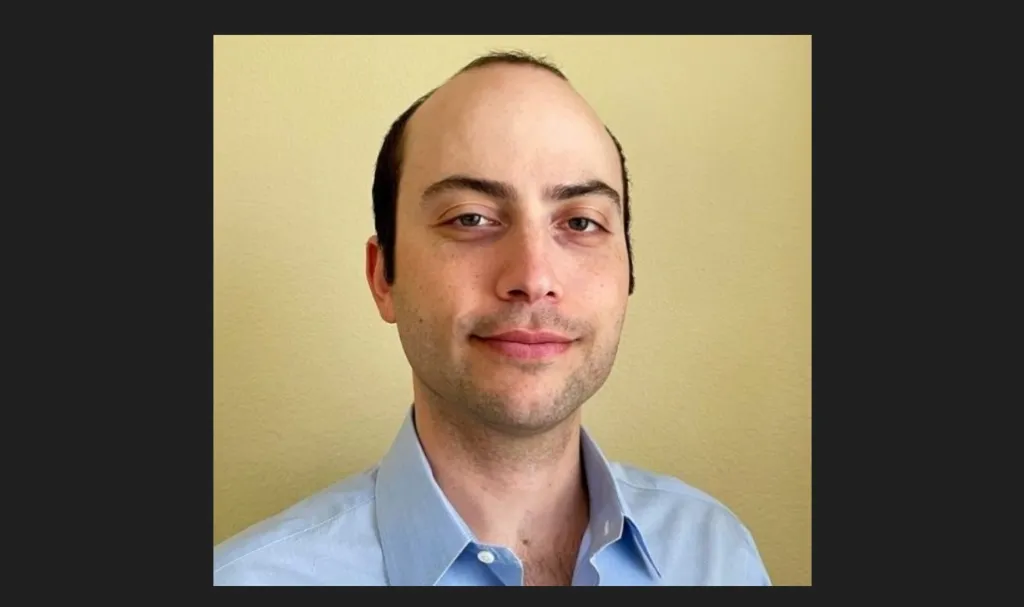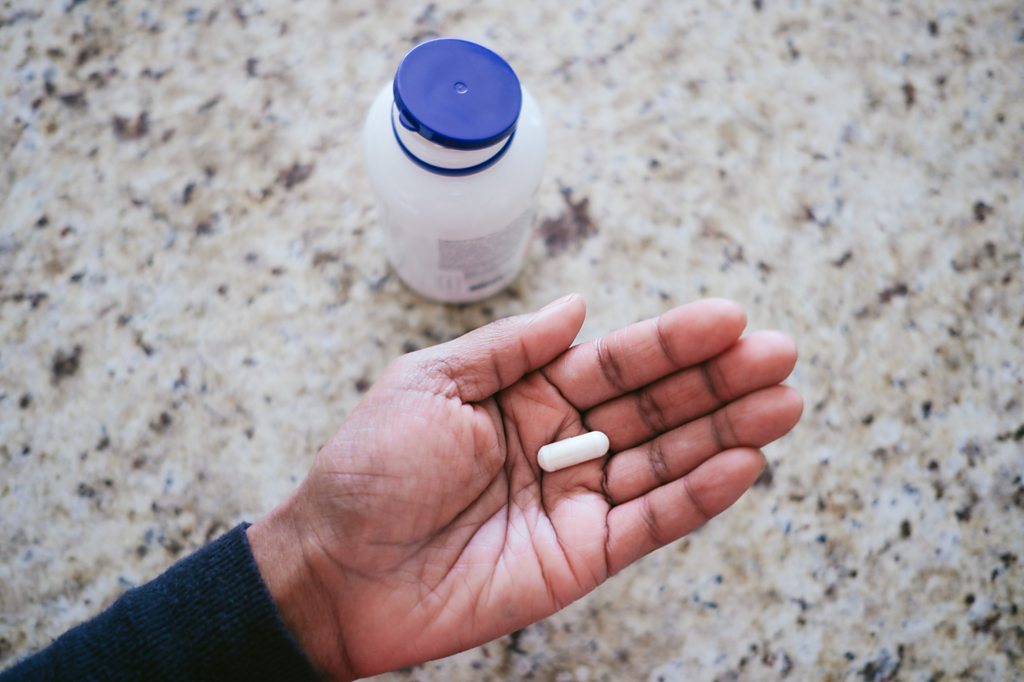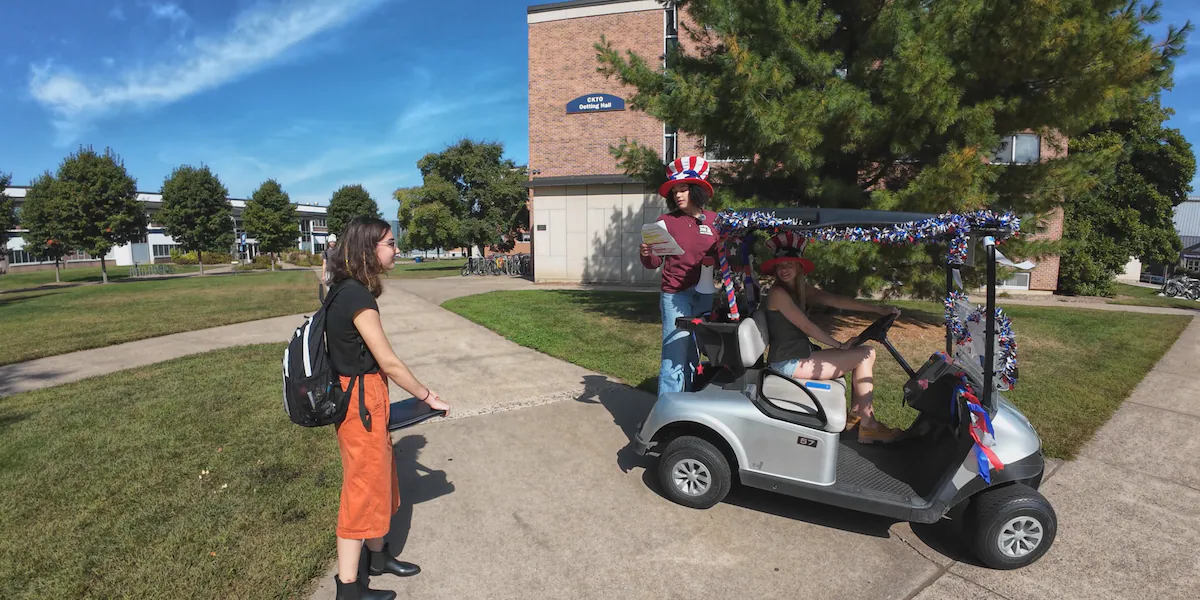
Federal health authorities have pulled back over the past few months from decades of vaccine advice — removing pregnant women and those under two years of age from their category of groups strongly recommended to receive the COVID-19 vaccine. It has left doctors and families perplexed, and in many cases, intensely terrified. Worse, it has created the fatal illusion that these vulnerable groups are no longer at grave risk. They are.
Luckily, Connecticut has gone a different route — one based on science, compassion, and common sense. Gov. Ned Lamont and our state agencies have stepped up to the challenge with executive orders, new guidance, and insurance bulletins that have served to preserve access to life-preserving vaccines. Our state has also collaborated regionally to offer continuity and certainty, even in the absence of enduring federal leadership. These measures send a clear and strong message: public health matters more than politics.
A few days ago, I joined physician peers, advocates, and public health professionals at the State Capitol for a critical vaccine forum sponsored by our Public Health Committee. I went there not only as a physician and president of the Hartford County Medical Association, but as someone who sees every day how uncertainty affects real individuals. In our examination rooms, parents are fearful, patients are apprehensive, and families are embroiled in a storm of contradicting information. What ought to be a source of reassurance — the mere act of safeguarding a loved one — has instead turned into an occasion for fear.
This ambivalence doesn’t exist in a vacuum. Every instance of indecision can lead to delays in care. Every delay puts someone — with disease, with hospitalization, with the unthinkable — at risk. It’s not only families, though, who bear this weight. My colleagues and I do, too. Instead of devoting every available moment to caring for patients, we’re now working overtime, too, battling misinformation, clarifying emerging guidance, and restoring trust never to have been lost.
No misstep: the science is not altered. The vaccines protected us from smallpox and Polio. The illnesses, those have been reduced significantly or controlled by vaccine are: Measles, Mumps, Rubella, Chickenpox, Diphtheria, Tetanus, Pertussis (whooping cough), Hepatitis B, Human papillomavirus (HPV), and Meningococcal disease.
Immunizations remain one of the strongest tools we have, to prevent severe illness, hospitalization, and death — most of all, among our most at-risk, including pregnant women and young children. Connecticut’s continued investment in these groups is consistent with advice from esteemed medical organizations like the American Academy of Pediatrics and the American College of Obstetricians and Gynecologists. That is, Connecticut is staying on track with the facts. With the science. With the truth.
But this is not a moment of science — it’s a moment about trust. When public health policy appears to be guided by politics rather than research and hard-won evidence, public faith is eroded. And when faith in one vaccine hangs in the balance, faith in all of them is at risk. That’s why Connecticut’s resolve matters so much today. Standing firm doesn’t keep us only safe from COVID-19 — it protects the broader foundation of public health.
We don’t know what this year of the virus will look like yet, but we do know what we know works. Fair access to vaccines, backed up by clear guidance and insurance coverage, remains essential. A clear, evidence-based strategy is not just smart — it’s life-saving. It protects our most at-risk among us and helps our entire community stay healthy.
Vaccines have already saved countless lives. Ensuring access and delivering genuine, unified messaging will save many more. Behind each jab is a person — a child headed to preschool, a pregnant mother, a grandparent preparing for winter holidays, a neighbor just seeking to stay healthy. Their safety is not a statistic — it’s our promise.
This is the commitment we make as physicians: to serve our patients first, to lead through science, and to act with empathy, even when we don’t know what the future holds. Let’s not lose sight behind every patient, every vaccine, every physician is a shared hope—for a healthier future. That’s the hope we must protect and carry forward.



